Recent Posts
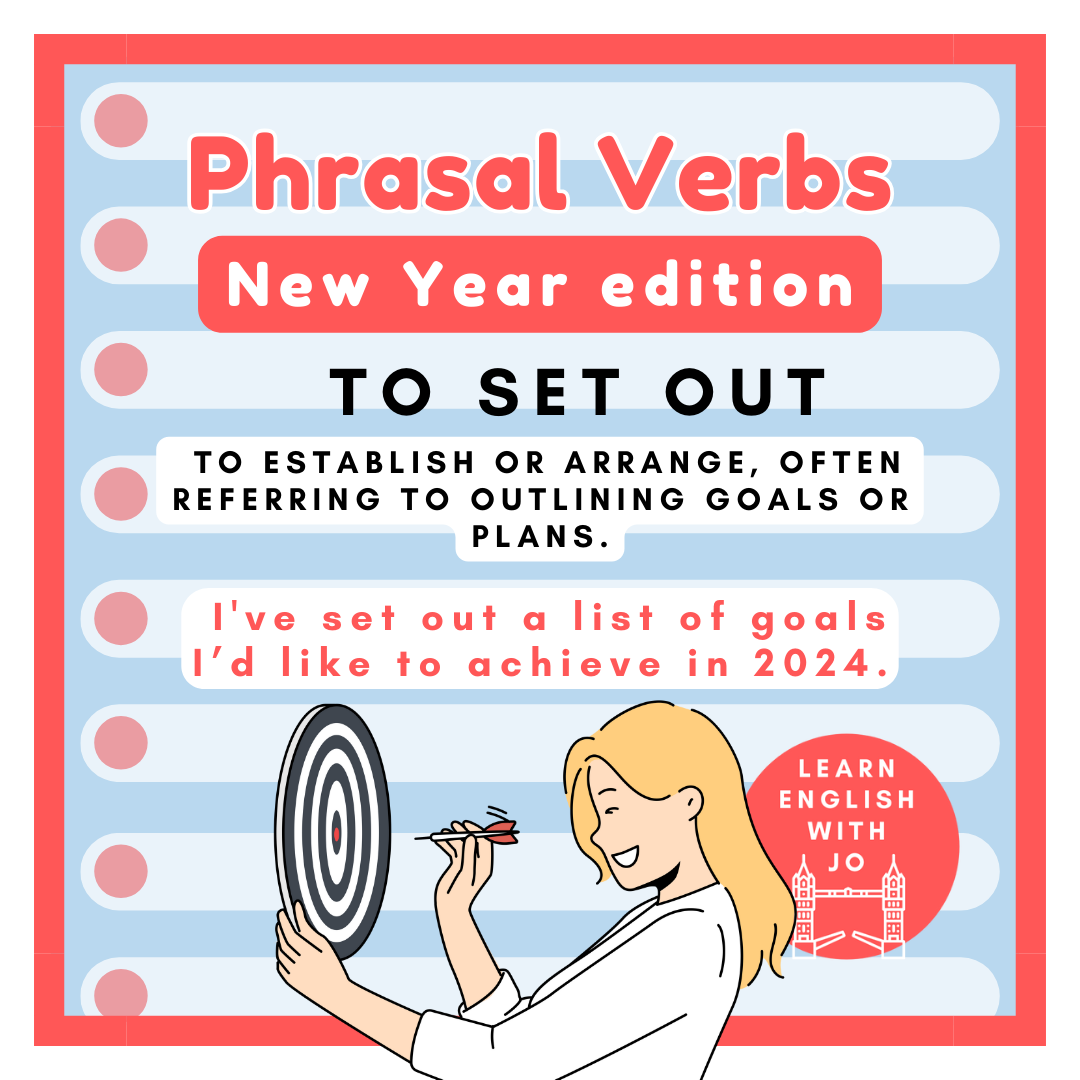
Goodbye 2023, hello 2024. English phrasal verbs for the end of the year.
As we say goodbye to 2023, it's time to reflect on the past 12 months and set the stage for the upcoming year. English phrasal verbs offer a dynamic way to express our experiences, achievements, and aspirations. In this post, we'll explore 10 phrasal verbs that assist us in talking about the year gone by and help us articulate our plans for the future.

English collocations with follow.
This mini English lesson focuses on essential collocations with the word "follow." Collocations are a common way in which words regularly go together. It's like a partnership between words that often appear side by side or near each other. Learning collocations can help you speak English more fluently. If you're an ESL student looking to improve your English language skills then keep reading!

Talking about partying in English for ESL students.
It’s December and supposedly ‘party season’ when your social calendar should be packed full of festive fun, so today I’ve got a variety of English phrases and expressions for talking about parties; Summer parties, Christmas parties, kids’ parties, all parties! You can use these English phrases all year ‘round.

English phrasal verbs for talking about Christmas
It’s that time of year when people all over the UK are preparing for Christmas. If you're learning English as a second language and you are looking to sprinkle your English conversations with a touch of festive flair, you're in the right place! In this blog post, we'll explore and unwrap several Christmas-related phrasal verbs for talking about the holiday season.

English phrasal verbs with pick
In today’s English lesson, we're delving into the world of phrasal verbs with a focus on the versatile word ‘pick.’ Phrasal verbs, a combination of a verb and one or more prepositions or adverbs, often carry meanings that can be challenging to decipher. So, let’s pick apart the intricacies of various phrasal verbs associated with ‘pick’ and pick up some new English vocabulary .
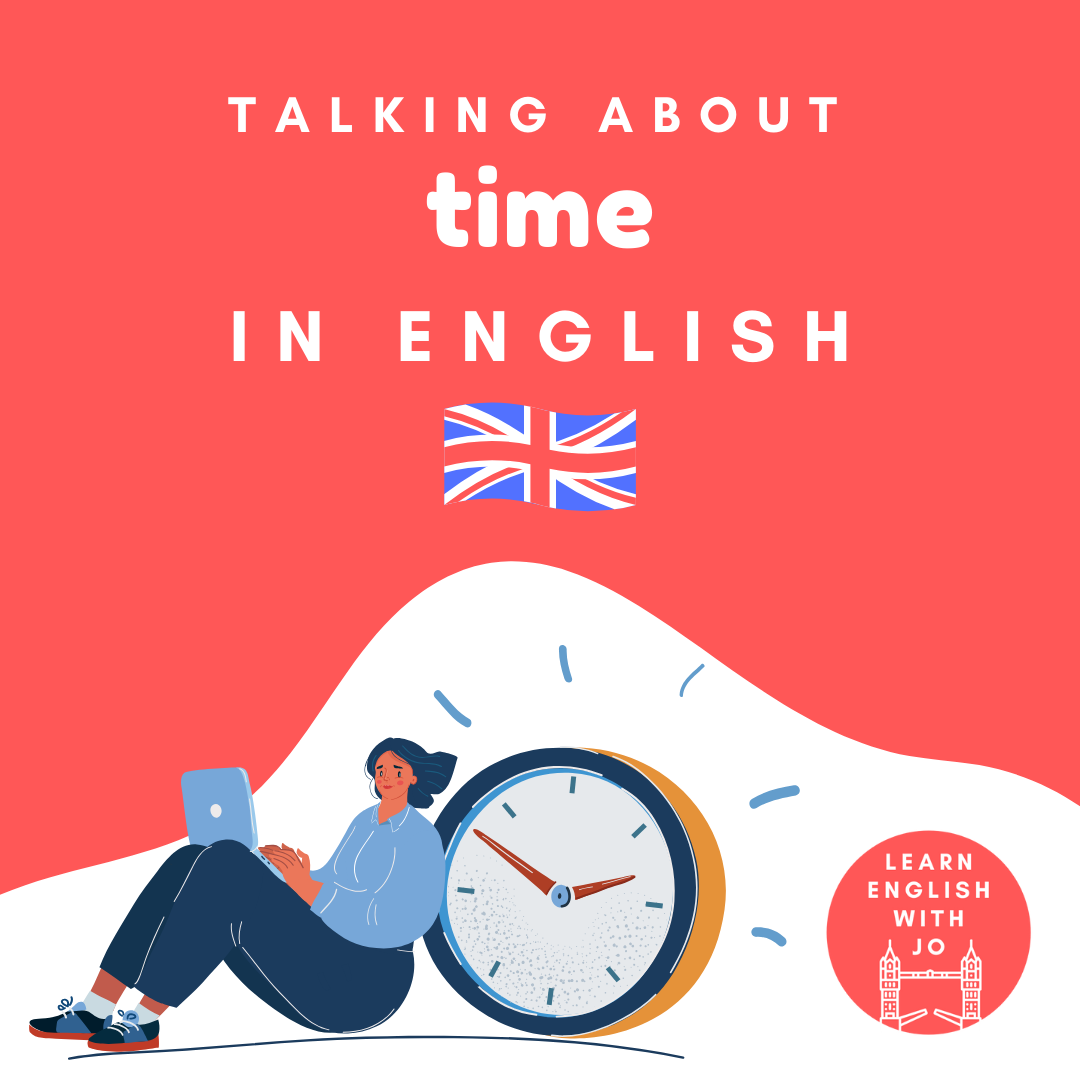
Talking about time in English - Essential Phrases for EFL Students.
Time is a universal concept, and mastering the vocabulary associated with it is crucial for effective communication in any language. For English students, understanding expressions related to time can greatly enhance your ability to express yourself in various situations. In this blog post, we'll explore and explain some common time-related phrases that you're likely to encounter in everyday conversations.

English idioms with cats
Lots of you will have heard of the idiom ‘It’s raining cats and dogs’ but did you know that it’s not actually used in English conversation very often these days? However, there are plenty of other feline related English idioms out there, so let’s explore some of them.

English idioms about time.
Today, we're going to look at a selection of idioms that you can use when you’re talking about time in English. These idioms provide insights into how we perceive and value time in various situations and will give you new ways to express yourself in English.
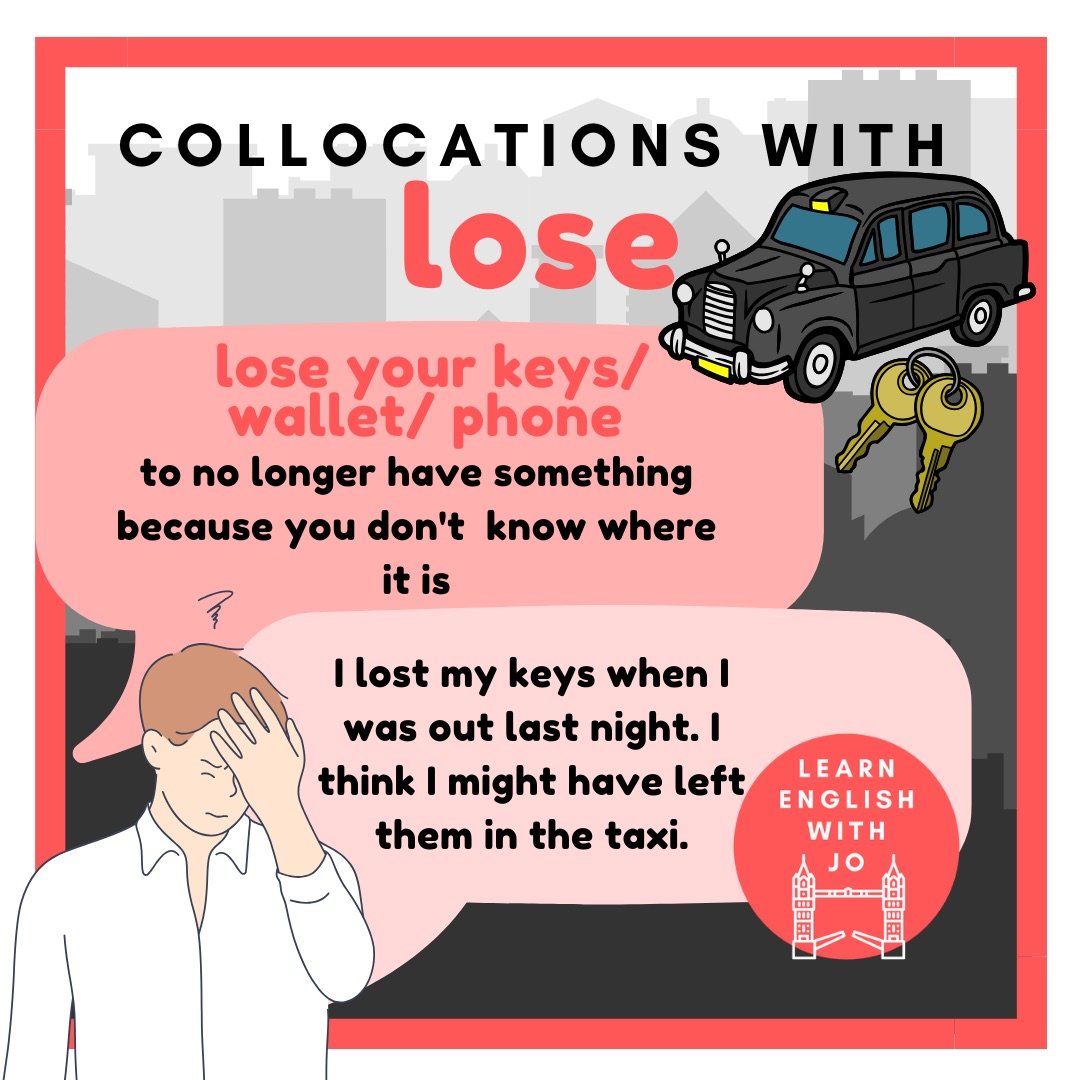
English Collocations with Lose
In English language, certain words often go together and form a fixed expression. These word combinations, known as collocations, have a particular meaning that is often different from the separate words. One such word that forms several interesting collocations is "lose." Let's explore some of these common collocations, their meanings, and examples of their usage
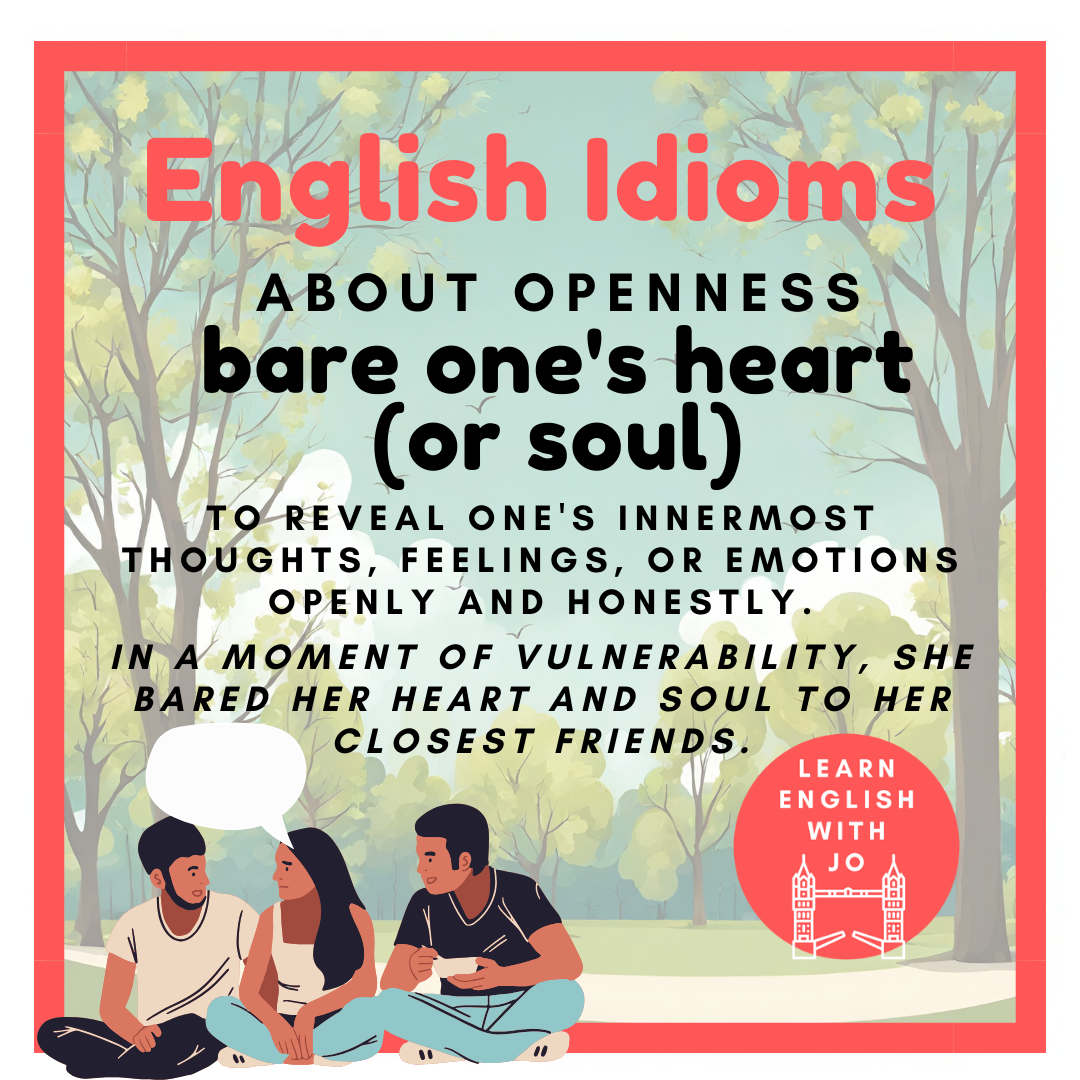
English Idioms about openness and sincerity.
In my English conversation classes this week, we’ve been talking about communication and the importance of openness, sincerity and authenticity in both professional and personal relationships. During our conversations we’ve explored some of the language that can be used to talk about open communication and dialogue. We tried out incorporating some of the following English idioms in our discussions.
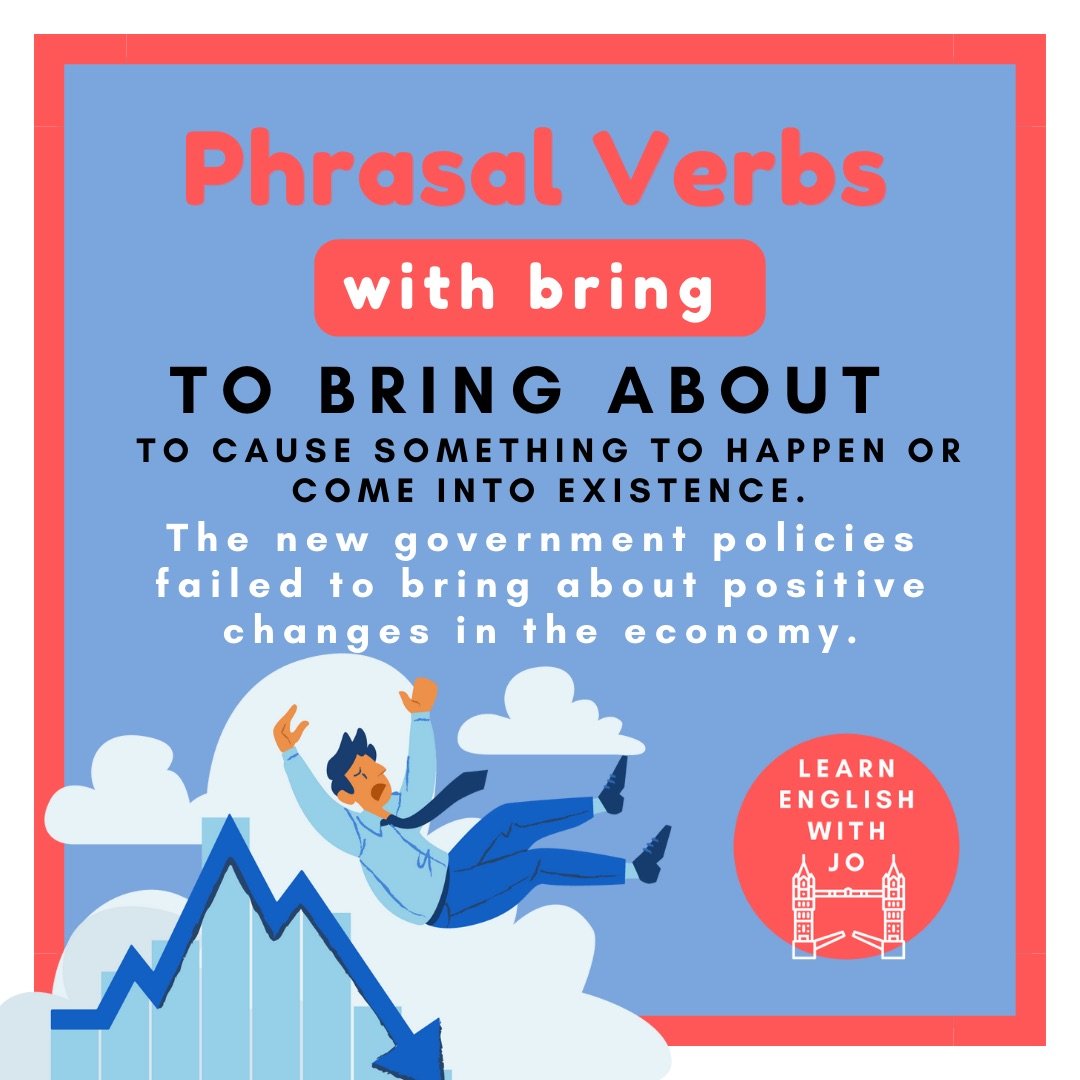
English phrasal verbs with bring.
Phrasal verbs are an integral part of the English language. They add depth and versatility to our conversations and writing. One commonly used verb in phrasal constructions is "bring." In this blog post, we will explore various phrasal verbs with 'bring,' providing definitions and examples to help you master this aspect of English grammar.

10 Essential English Collocations with Confidence
In my English conversation classes this week we’ve been talking about confidence and we explored some of the collocations that arise when discussing this topic.
Collocations are pairs or groups of words that frequently occur together, and mastering them can make your English sound more natural and fluent.

How to say you don’t understand something in English.
We’ve all been in situations where we need to ask a person to repeat, clarify or to explain what they are saying. Maybe they are speaking very quickly or using words we don’t understand. Perhaps they’re speaking quietly or just haven’t explained themselves very clearly.
I’ve come up with eight polite and effective ways to convey that you don't understand something in English.

Talking About Procrastination in English
Whether it's putting off a daunting work assignment, delaying a household chore, or postponing a personal project, we've all been guilty of procrastinating at some point. In this blog post, we will explore five expressions that capture the essence of procrastination, shedding light on the different ways we choose to delay tasks.

Learn 12 ways to say you’re hungry in English.
When it comes to expressing hunger in English, there are lots of fun and creative phrases that go beyond the basic "I'm hungry." In this blog post, we'll explore 12 interesting ways to say you're hungry that will add a bit of flavour and humour to your English.

Atomic Habits for learning English
This week, in classes and on social channels we’ve been looking at the subject of habits. In conversations a few students have mentioned the importance of James Clear’s groundbreaking book, Atomic Habits.
So, what’s all the fuss about?
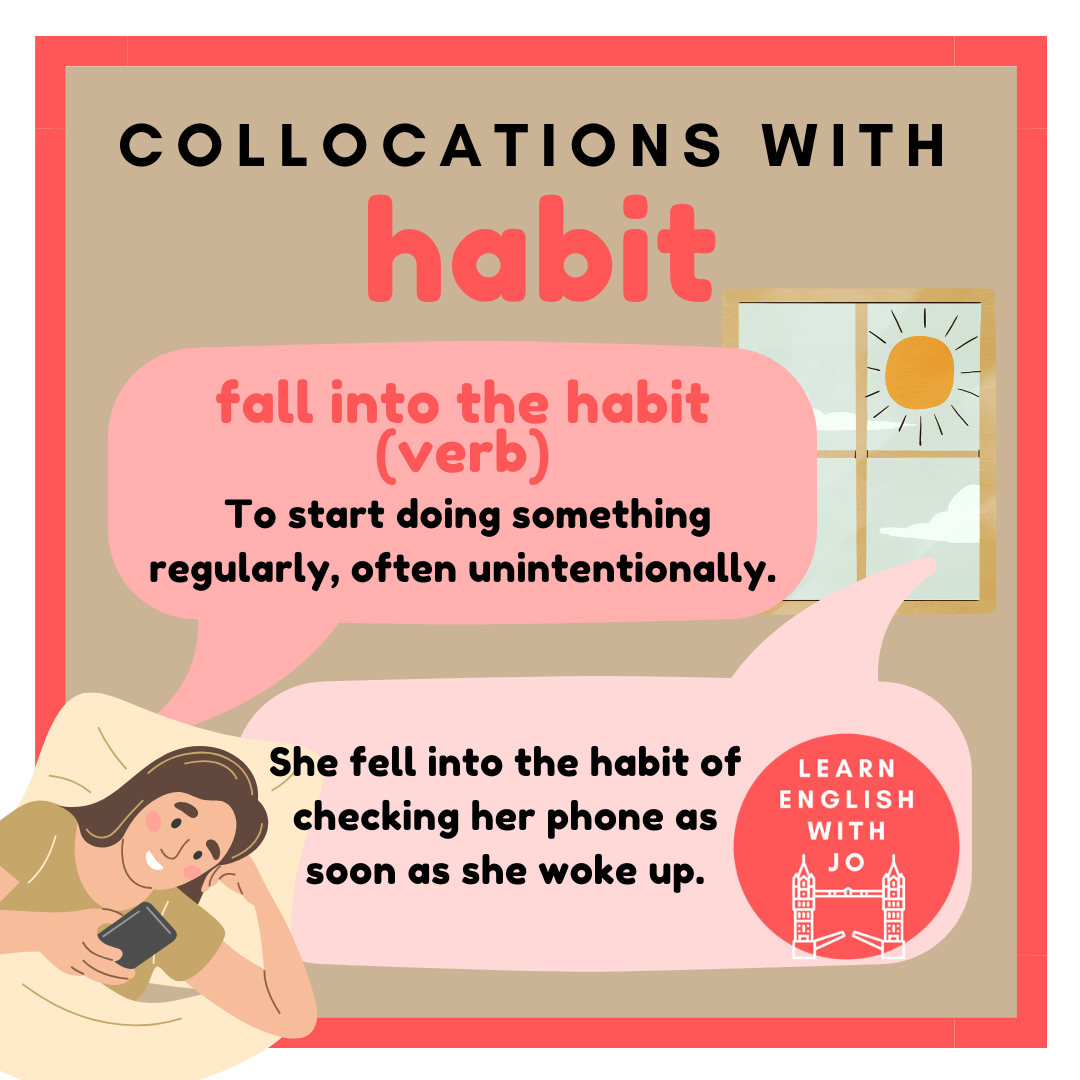
Collocations for talking about habits in English.
This week in my English conversation classes, some of my students have been talking about cultivating good habits and kicking bad habits. In the process we have explored some collocations that are commonly used when talking about habits in English. These are a few of the phrases and expressions we came up with.

Free PDF - 30 Days of English Journaling Prompts
Need inspiration for starting your English journaling journey? Download my free pdf 30 Days of Journaling Prompts - Prompts to practise your English.
Have you ever considered keeping an English daily journal where you make a commitment to write in English once a day. It’s a habit that some of my students have developed and it needn’t take up much time!

English idioms about deception.
Have you ever encountered a wolf in sheep’s clothing or had the wool pulled over your eyes? This week in some of my classes we’ve been talking about scammers, con artists, deceipt and fraud. During the lessons students have explored different language for talking about the subject and the following idioms came up in our conversations.
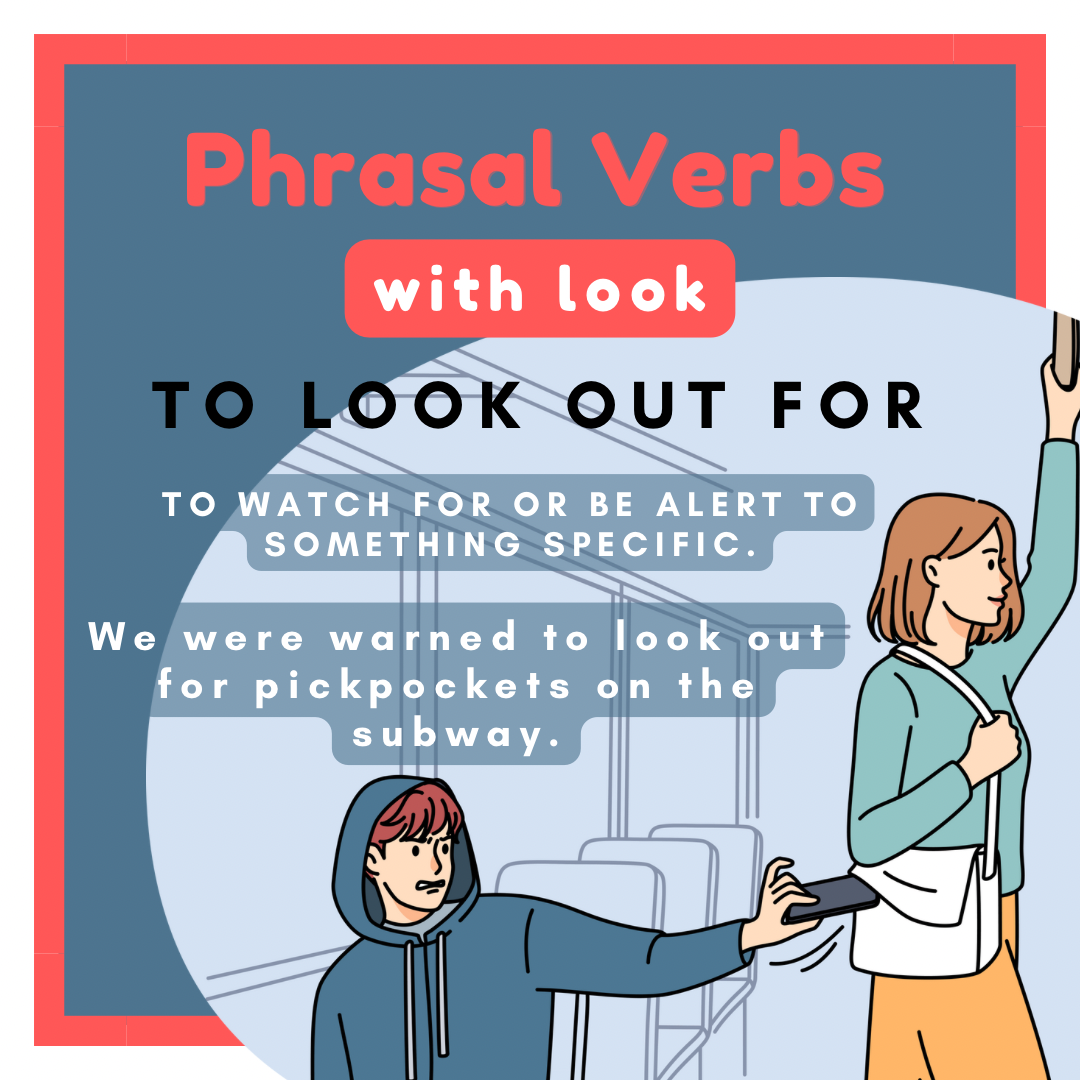
English phrasal verbs with look
To Look Out For
To look out for means to watch for or be vigilant about something. It often implies keeping an eye on potential dangers or being alert to opportunities.
Example: We were warned to look out for pickpockets on the subway.
